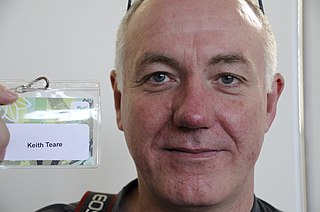A Quote by Ed Balls
My mobile phone battery runs out all the time because all the messages come straight to me.
Related Quotes
Pandemic-proof means the mobile phone has to be used and it has to be used in such a positive way that your next invention has to say, 'You know what, I am going to get another 30-40-50 million users that are out there onto my product through my mobile phone and that's going to help me sell what I do.'
If you believe that the mobile phone is the next supercomputer, which I do, you can imagine a datacenter that is modeled after, literally, hundreds or thousands or millions of mobile phones. They won't have screens on them, but there'll be millions of lightweight mobile-phone processors in the datacenter.
Millennials regularly draw ire for their cell phone usage. They're mobile natives, having come of age when landlines were well on their way out and payphones had gone the way of dinosaurs. Because of their native fluency, Millennials recognize mobile phones can do a whole lot more than make calls, enable texting between friends or tweeting.
In Indonesia, Qualcomm, in a joint project with Grameen Foundation, has provided a range of mobile phone-based services to individuals. This project facilitates the creation of businesses for those living at the bottom of the economic pyramid and, at the same time, extends telecommunication access to people who cannot afford a mobile phone.
It's hard to say conversation has become a minimal thing, because look at the rise of mobile communications in the last 10 years. It used to be only the President had a mobile phone. Now everyone on earth, even if they have nothing else, they have a cell phone. It's a larger anthropological shift in my mind than even the tattoo age in the United States.

































